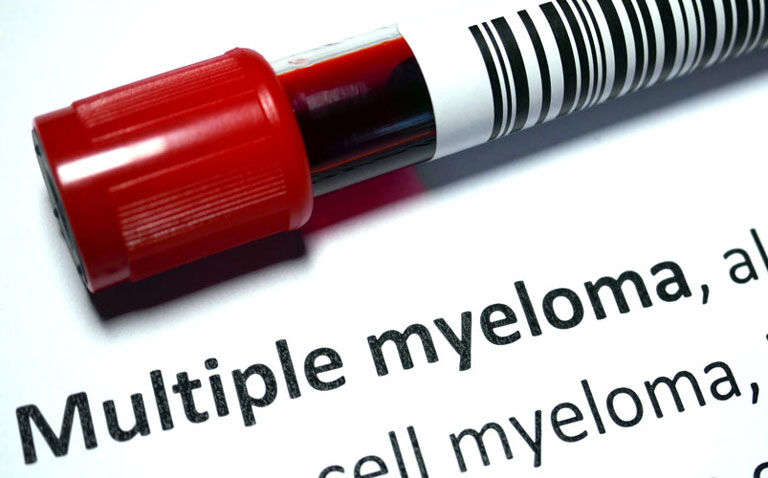The Committee for Medicinal Products for Human Use (CHMP) has recommended conditional marketing authorisation for Tecvayli® (teclistamab).
Teclistamab is an off-the-shelf, T-cell redirecting bispecific antibody. It targets both B-cell maturation antigen, a marker found on multiple myeloma cells, and CD3, on T-cells.
It is recommended as monotherapy for adult patients with relapsed and refractory multiple myeloma (RRMM), who have received at least three prior therapies, including an immunomodulatory agent, a proteasome inhibitor, and an anti-CD38 antibody and have demonstrated disease progression on the last therapy.
In December 2021, the EMA granted accelerated assessment for teclistamab. Accelerated assessment reduces the timeframe for the CHMP to review a marketing authorisation application and is granted when a medicinal product is of major interest for public health and therapeutic innovation.
The CHMP recommendation is based on positive results from the multicohort, open-label, Phase I/II MajesTEC-1 study (NCT03145181 and NCT04557098), evaluating the safety and efficacy of teclistamab in adults with RRMM.
The latest findings from the study were presented at the American Society of Clinical Oncology (ASCO) 2022 Annual Meeting and published in The New England Journal of Medicine.
Teclistamab resulted in deep and durable responses in patients with triple-class exposed multiple myeloma (n=165). With a median follow-up of approximately 14 months (14.1), the overall response rate was 63% (95% CI: 55.2–70.4), with 39.4% having a complete response (CR) or better. Almost half (46%) of patients who achieved a CR or better were minimal residual disease-negative.
Adverse events (AEs) were consistent with this patient population and toxicities consistent with T-cell redirection were mostly Grade 1/2. The most common AEs were cytokine release syndrome and neutropenia. Infections were frequent (76.4%; 44.8% Grade 3 or 4). The overall incidence of neurotoxic events was low and five patients had immune effector cell-associated neurotoxicity syndrome. There were five treatment-related deaths, and dose reductions and discontinuations due to AEs were infrequent.










